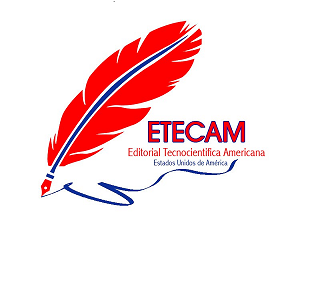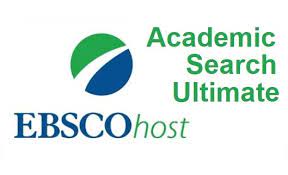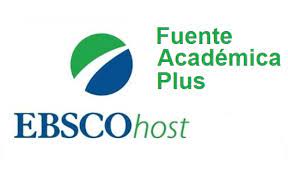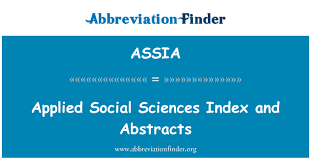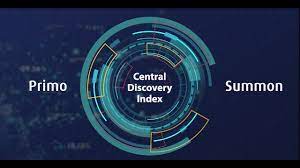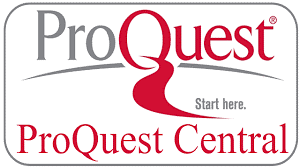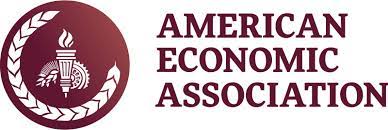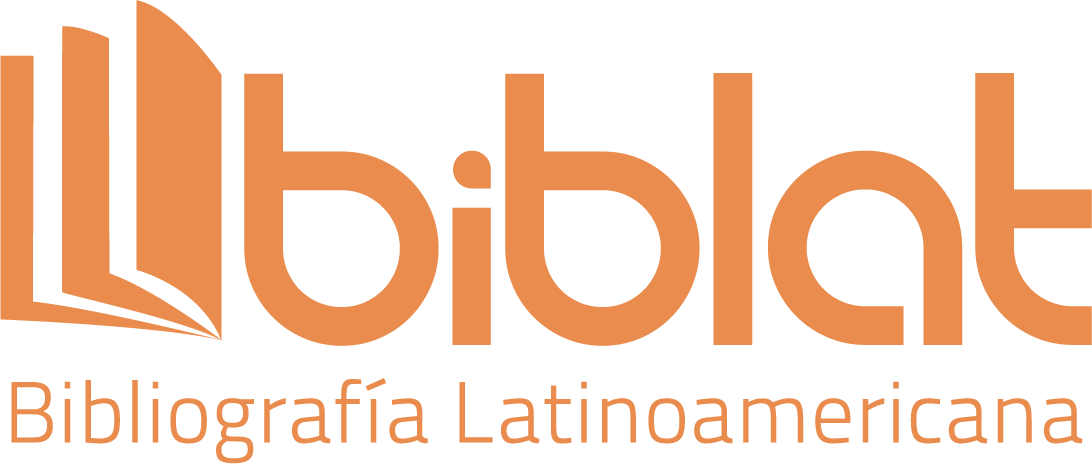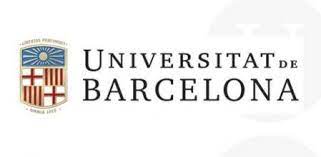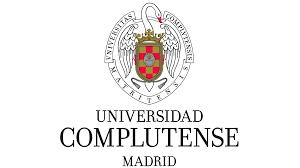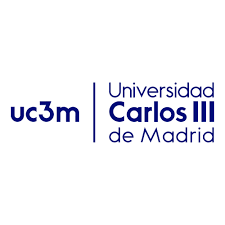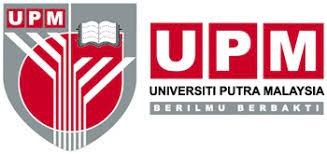System of playful tasks for the development of mathematical problem-solving skills in sixth-grade students
DOI:
https://doi.org/10.51736/sa.v7iEspecial%204.314Keywords:
play tasks, mathematical problem solving, basic education, active learning, mathematical skills.Abstract
The implementation of ludic approaches in the teaching of mathematics has generated a growing interest due to its potential to improve learning and academic performance in this discipline. The objective of this study was to design a system of ludic tasks for the development of mathematical problem-solving skills in sixth grade elementary school students. The sample consisted of 43 sixth-grade students of the Luis Alfredo Noboa Icaza Educational Unit during the 2023-2024 school year, divided into an experimental group (n=22) and a control group (n=21). A combination of classroom observation, pre-and post-tests, validation by expert criteria and statistical analysis was used, including the Mann-Whitney U test. The results revealed that the experimental group experienced significant improvements compared to the control group in terms of cognitive, procedural, and attitudinal skills related to mathematical problem-solving. The implementation of playful activities such as the "Math Treasure Hunt" and the "Math Problem Challenge" fostered a stimulating educational environment that promoted active participation, collaboration among students, and the practical application of mathematical concepts. These findings suggest that the integration of playful tasks in the curriculum can be an effective strategy to improve mathematics learning at the elementary school level.
Downloads
References
Bernabé, I. R. T. (2019). Evaluación de habilidades para la resolución de problemas de matemáticas en estudiantes de bachillerato, a partir del modelo heurístico de Polya. Revista RedCA, 2(4), 98-110.
Calderón, G. E. C. (2021). Las actividades lúdicas para el aprendizaje. Polo del Conocimiento: Revista científico-profesional, 6(4), 861-878.
Cantos, C. M. S., & Moreira, F. S. M. (2022). El pensamiento lógico-matemático y didáctica creativa: estudio realizado con estudiantes de Bachillerato, circuito C04 Jipijapa-Ecuador. Mérito-Revista de Educación, 4(12), 32-42.
Conforme, S. T., & Mendoza Moreira, F. S. (2022). El pensamiento lógico-matemático del estudiantado.¿ Un asunto didáctico?. Mendive. Revista de Educación, 20(2), 408-421.
Cuello, A. M., Mestra, M. M., & Robles, J. R. (2020). Estrategias lúdicas para el desarrollo de la competencia de Resolución de Problemas Matemáticos en Entornos Escolares. Assensus, 5(9), 110-131. https://doi.org/10.21897/assensus.2011
Domínguez-Morales, S., Pérez-Hernández, M., & Pérez-Sánchez, E. (2022). Ambientes de aprendizaje para favorecer competencias matemáticas en educación básica. Revista RedCA, 5(13), 144-162.
Elles, L. M., Gutiérrez A, D. (2021) Fortalecimiento de las matemáticas usando la gamificación como estrategias de enseñanza –aprendizaje a través de Tecnologías de la Información y la Comunicación en educación básica secundaria. Interacción Revista digital de AIPO, 2(1), 7-16.
García, Y., Frías, R. & Medina, A. (2021). Validación de procedimientos para la gestión empresarial. Retos de la dirección, 15(2), 152-178.
Hernández, R., Fernández, C., & Baptista, P. (2014). Metodología de la investigación sexta edición. México DF: McGraw-Hill.
Lopes, C. E., Grando, R. C., & D’Ambrosio, B. S. (2017). Experiences situating mathematical problem solving at the core of early childhood classrooms. Early Childhood Education Journal, 45, 251-259.
Ludeña-Carrillo, Janneth E., & Zambrano-Acosta, J. M. (2022). Guía de actividades lúdicas para el desarrollo del pensamiento lógico-matemático en niños de Educación Inicial. Revista Estudios del Desarrollo Social: Cuba y América Latina, 10(3), e32.
Martin-Requejo, K., González-Andrade, A., Álvarez-Bardón, A., & Santiago-Ramajo, S. (2023). Implicación de las funciones ejecutivas, la inteligencia emocional y los hábitos y técnicas de estudio en la resolución de problemas matemáticos y el cálculo en la escuela primaria. Revista de Psicodidáctica, 28(2), 145-152.
Orlandoni, G. (2010). Escalas de medición en Estadística. Telos: Revista de Estudios Interdisciplinarios en Ciencias Sociales, 12(2), 243-243.
Ríos, A. R., & Peña, A. M. P. (2020). Estadística inferencial. Elección de una prueba estadística no paramétrica en investigación científica. Horizonte de la Ciencia, 10(19), 191-208.
Silvente, V. B., & Hurtado, M. J. R. (2012). Clasificación de pruebas no paramétricas. Cómo aplicarlas en SPSS. REIRE: Revista D'innovació I Recerca En Educació, 5(2).
Tang, T., Vezzani, V., & Eriksson, V. (2020). Developing critical thinking, collective creativity skills and problem solving through playful design jams. Thinking Skills and Creativity, 37, 100696. https://doi.org/10.1016/j.tsc.2020.100696
Torres, C. V. G., Atoche, C. B., Cedeño, B. J. B., Santana, L. M. Q., & Preciado, M. P. U. (2022). Estrategias lúdicas para el desarrollo del pensamiento lógico matemático en niños de preparatoria. Ciencia Latina Revista Científica Multidisciplinar, 6(1), 785-803.
van Bommel, J., & Palmér, H. (2018). Problem Solving in Early Mathematics Teaching―A Way to Promote Creativity?. Creative Education, 9(12), 1775-1793. https://doi.org/10.4236/ce.2018.912129
Van Oers, B. (2010). Emergent mathematical thinking in the context of play. Educational studies in mathematics, 74, 23-37.
Szabo, Z. K., Körtesi, P., Guncaga, J., Szabo, D., & Neag, R. (2020). Examples of problem-solving strategies in mathematics education supporting the sustainability of 21st-century skills. Sustainability, 12(23), 10113.
Published
How to Cite
Issue
Section
License
Copyright (c) 2024 Victoria Elizabeth Vilaña Ñacato, María Agustina Elizabeth Villegas González, Wilber Ortiz Aguilar

This work is licensed under a Creative Commons Attribution-NonCommercial-ShareAlike 3.0 Unported License.













